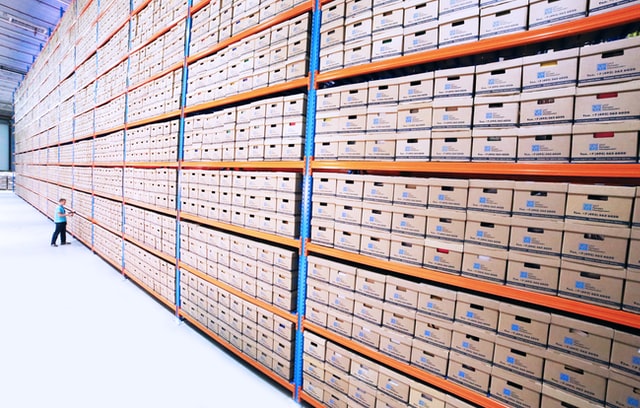Focus on warehousing & logistics

One of the industries most affected by the current climate is the warehousing and logistics sector. Both COVID-19 and Brexit have had a direct influence on the industry. Here is a look at how this integral part of the supply chain has been disrupted and what employers can do to keep their logistics workers safe during periods of heightened demand.
Global pandemic strains the industry
The impact of COVID-19 on the warehousing and logistics sectors has had a ripple effect across the globe. Disruptions to the supply chain initiated in China. This country plays a huge role in global manufacturing and is a major consumer of many commodities worldwide. The delays here caused a shortage of components needed overseas for the production of other products such as cars, medical supplies, and electronics.
As the pandemic spread, more countries went into lockdown and closed their borders. Social distancing in warehouses further limited the capacity at which companies could work and caused a bottleneck effect. The result has been delivery delays, higher freight rates, and an extremely strained industry.
Brexit requires the implementation of new processes
If the global pandemic wasn’t enough, Brexit put another spanner in the works for the UK logistics industry. Leaving the EU has changed how goods are transported between countries, creating a need for customs checks and stricter border control. Many companies now need additional licensing for exporting products to the EU, and transportation routes for UK drivers are limited. On top of this, product labelling has changed, shipping prices have increased, and more paperwork is required.
These all contribute further to delays in importing and exporting trade, besides longer delivery times. With workers already being worn thin, Brexit now means staff are having to learn entirely new procedures and skills.
Employer’s response to the crisis
Logistics companies have adopted a range of resources to help during these times to protect workers and smooth processes. One key change was the adoption of new safety protocols, such as providing protective garments. This includes everything from workplace overalls to face masks. Not only is PPE vital to limit the contraction of COVID-19 at work, it also protects employees from workplace injuries. Ensuring a fit and healthy workforce is essential to keep up with the increased demand and help businesses run efficiently.
The warehouse and logistics industry has also adopted several technological processes. This allows for the automation of many procedures, as well are accurately being able to manage multiple projects and supply chains with ease. The use of robotics and drones is also being discussed for the future in response to overworking and labour shortages.
-
Posted in
Brexit, COVID-19, logistics industry, warehousing industry





